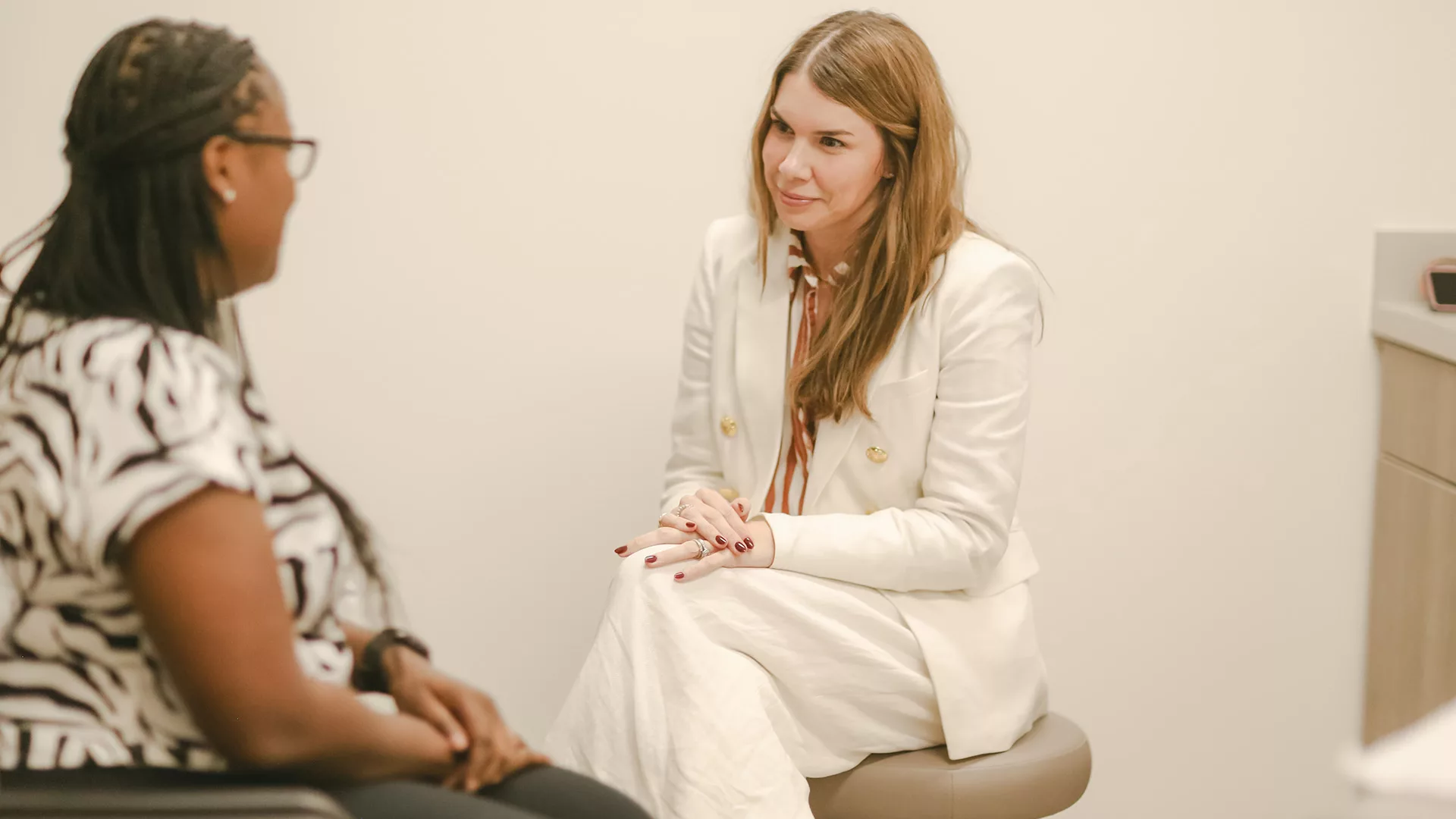Cancers & Specialty Conditions
Cancer is a broad term for diseases in which abnormal cells in the body grow uncontrollably. In a healthy body, cells grow and divide in a controlled manner to replace old or damaged cells. However, in cancer, this regulation breaks down, and the cells divide without control. These rogue cells can then invade surrounding tissues, disrupt normal bodily functions, and often lead to the formation of a tumor.
Some cancers stay in one place while others spread to other parts of the body through the blood and lymphatic systems in a process known as metastasis. Cancer can develop in almost any tissue or organ, and different types of cancer are typically named based on the organ or type of cell where the cancer begins (e.g., lung cancer, breast cancer, colon cancer).
Cancer can be caused by various factors, including genetic mutations, environmental exposures (examples include tobacco smoke and radiation), and lifestyle factors (such as diet and exercise). The treatment of cancer often involves a combination of surgery, chemotherapy, radiation therapy, immunotherapy, and targeted therapies, depending on type, stage and location of cancer. Cancer can be classified into various types, including: Carcinomas, Sarcomas, Leukemia and Lymphomas and Myelomas.
Solid Tumor Cancers
-
Begin in the skin or in tissues that line or cover internal organs
-
Form solid masses (unlike blood cancers, which don’t form tumors)
-
Can occur in almost any part of the body
-
Each type has unique symptoms, risk factors, and treatments
-
Common solid tumor cancer types include:
-
Early detection and personalized treatment plans are key to improving outcomes
Blood Cancers
-
Begin in the blood, bone marrow, or lymphatic system
-
Do not form solid tumors; instead, they affect how blood cells function and grow
-
Disrupt normal production of blood cells, weakening the immune system and the body’s ability to fight infections
-
Common types of blood cancer include:
-
Leukemia – cancer of the blood and bone marrow
-
Lymphoma – cancer of the lymphatic system
-
Myeloma – cancer of plasma cells in the bone marrow
-
-
Treatments often involve chemotherapy, immunotherapy, targeted therapy, or stem cell transplants
Blood Disorders (Benign Hematology)
- Focuses on non-cancerous (benign) conditions affecting the blood and blood-forming tissues
-
Involves abnormalities in:
- Red and white blood cells
- Platelets
- Blood marrow
- The body’s clotting system
-
These disorders are not cancer but can affect health and quality of life
-
Common blood disorder or benign hematology types include:
- Anemia – a condition where there aren’t enough healthy red blood cells
- Blood clotting disorders – such as thrombophilia, which increases the risk of clots
- Bleeding disorders – such as hemophilia, which impairs the blood’s ability to clot properly
-
Diagnosis and management often involve blood tests, medications, and ongoing monitoring
Osteoporosis
- Focuses on conditions that weaken the bones and increase the risk of fractures
- Involves changes in:
- Bone density
- Bone strength
- The body’s ability to maintain healthy bone tissue
- Osteoporosis is not cancer, but it can significantly affect health, independence, and quality of life.
- Common aspects of osteoporosis include:
- Bone loss – gradual weakening of bones over time
- Fragility fractures – breaks that occur from minor falls or injuries
- Postmenopausal osteoporosis – bone loss accelerated by hormonal changes
- Age-related osteoporosis – natural bone density decline with aging
- Diagnosis and management often involve bone density scans (DEXA), lifestyle changes, medications, and ongoing monitoring.

At Lowcountry Oncology, we’re here to support you with expert care, clear answers, compassionate listening, and guidance you can trust. We know a cancer diagnosis brings questions, and we encourage you to ask them.
You’re not alone, our care team is here to walk this path with you, every step of the way.

